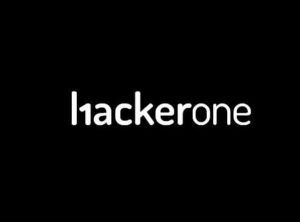Bot List Containing Telnet Credentials for More than 500,000 Servers, Routers and IoT Devices Leaked Online

This week, a hacker published a list on a popular hacking forum containing Telnet credentials for over 515,000 servers, home routers and IoT (Internet of Things) “smart” devices. The massive list which reportedly was concluded by browsing the whole internet in search of devices that left their Telnet port exposed, included IP addresses of all the devices, username and password for the Telnet service and a remote access protocol that can be employed to control devices over the internet.
After scanning the Internet in search of devices exposing their Telnet port, the hacker attempts to use either factory-set default usernames and passwords or custom but guessable combinations, as per the statements by the leaker himself.
These lists, generally kept private – are known as ‘bot lists’ that are built after hackers scan the Internet and then employed them to connect to the devices and install malware. Sources say that although there have been some leaks in the past, this one is recorded as the biggest leak of Telnet passwords till date.
As per the reports of ZDNet, the list was made available online by one of a DDoS-for-hire (DDoS booter) service’s maintainer. There’s a probability that some of these devices might now run on a different IP address or use other login credentials as all the leaked lists are dated around October-November 2019. Given that using any of the listed username and password to access any of the devices would be illegal, ZDNet did not use it. Therefore, they were not able to comment on the validity of these credentials.
A security expert in the field of IoT, requesting for anonymity, tells that even if some of the listed credentials are invalid by the time for devices now have a new IP address or password. However, the listings still hold a lot of value for a skillful and talented attacker who can possibly use the present information in the list to identify the service provider and hence update the list with the current IP addresses.
Certain authentic and verified security researchers are given access to the list of credentials as they volunteered for it.


